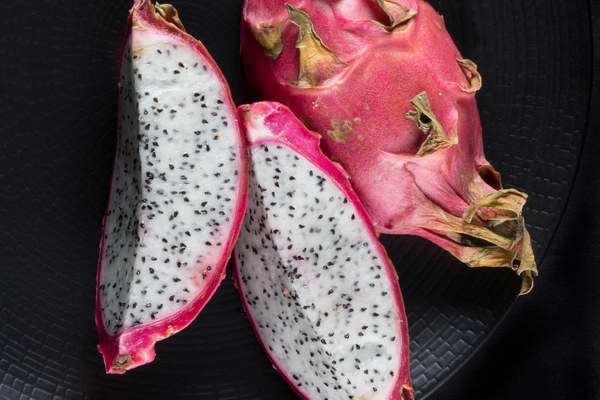Discover the Most Effective Ways to Test and Eliminate Dampness in Your Body!
Introduction:

Dampness, or Dampness Syndrome as it is known in traditional Chinese medicine, is a common issue that can affect your health and well-being. It is characterized by symptoms such as fatigue, weight gain, joint pain, and digestive problems. If you suspect that dampness is affecting your body, it's essential to identify the most effective ways to test and eliminate it. In this article, we will explore the most effective methods to test for dampness and provide you with tips on how to eliminate it naturally.
1. Signs of Dampness in the Body:
a. Persistent Fatigue: Feeling tired and rundown, even after a good night's sleep, can be a sign of dampness in the body.
b. Weight Gain: Dampness can lead to water retention, resulting in unexpected weight gain.
c. Joint Pain: Stiffness and pain in the joints, particularly after prolonged periods of inactivity, may indicate dampness.
d. Digestive Issues: Symptoms such as bloating, constipation, or diarrhea can be attributed to dampness.
e. Mucus Production: Excessive mucus production, particularly in the nose and throat, can be a sign of dampness.
f. Puffy Eyes: Swelling around the eyes, especially in the morning, may indicate dampness.
g. Cloudy Skin: Dull, greasy, or pimply skin can be a result of dampness.
2. Self-Testing for Dampness:
a. Tongue Diagnosis: In traditional Chinese medicine, the tongue is a valuable indicator of internal health. To test for dampness, examine your tongue for the following signs:
- White coating on the tongue: This indicates an accumulation of dampness.
- Swollen tongue: A puffy, bloated tongue may suggest dampness.
- Thin coating: A thin coating on the tongue can also indicate dampness.
b. Pulse Diagnosis: In TCM, pulse diagnosis is an essential method for identifying imbalances in the body. To test for dampness, a practitioner will examine the following pulse qualities:
- Sluggish or weak pulse: A slow or weak pulse can indicate dampness.
- Full or slippery pulse: A full or slippery pulse can also suggest dampness.
3. Eliminating Dampness:
a. Diet: Adjust your diet to reduce dampness by avoiding foods that exacerbate the condition, such as dairy, sugar, and fried foods. Instead, focus on a diet rich in fiber, such as whole grains, fruits, and vegetables.
b. Herbs: Certain herbs can help eliminate dampness. Some popular options include:
- Astragalus: Known for its immune-boosting properties and ability to eliminate dampness.
- Cinnamon: Helps to warm the body and expel dampness.
- Licorice root: Can help to balance the body's Yin and Yang energies, which can be disrupted by dampness.
c. Exercise: Regular physical activity can help improve circulation and promote the elimination of dampness. Activities such as walking, tai chi, and yoga are excellent choices.
d. Acupuncture: Acupuncture can help balance the body's energy and eliminate dampness. Consult a qualified acupuncturist for treatment.
e. Lifestyle Changes: Reduce stress, get enough sleep, and maintain a healthy weight to support the body's natural elimination of dampness.
Conclusion:
Identifying and eliminating dampness is crucial for maintaining good health. By recognizing the signs of dampness and employing the most effective self-testing methods, you can take steps to eliminate dampness and improve your overall well-being. Incorporate a balanced diet, herbal remedies, regular exercise, and stress-reduction techniques into your daily routine to keep dampness at bay and enjoy a healthier life.









